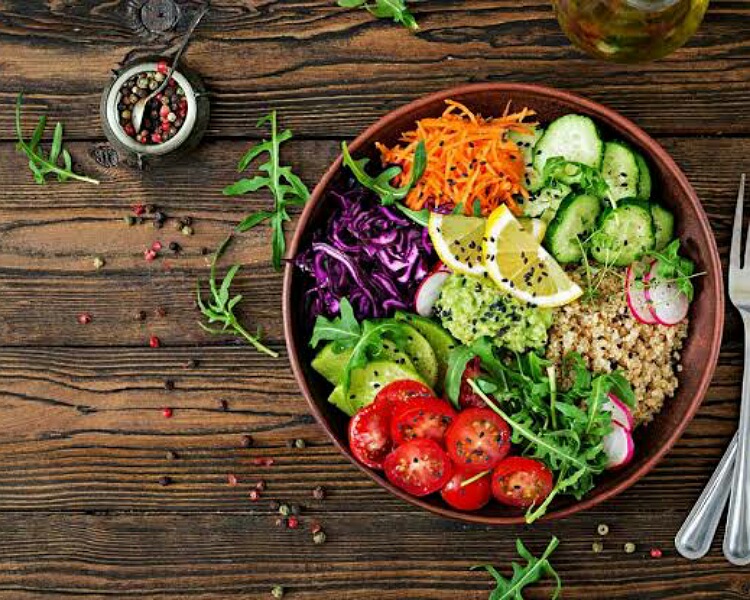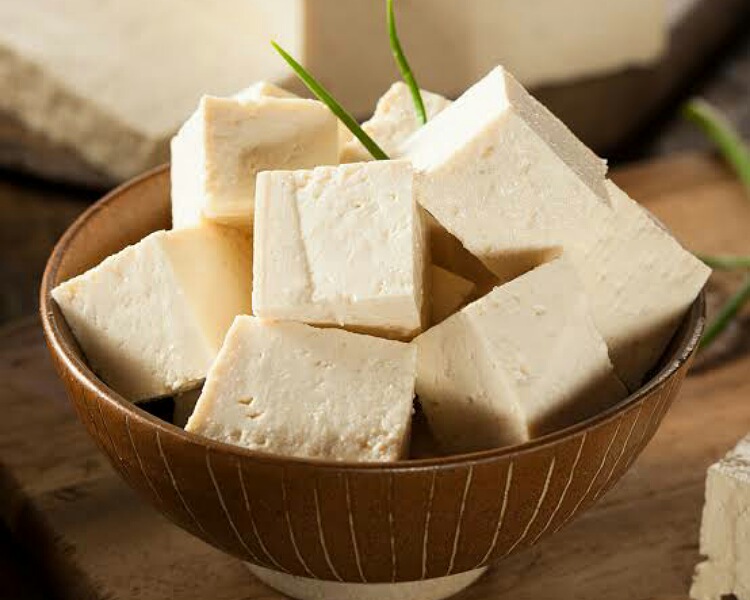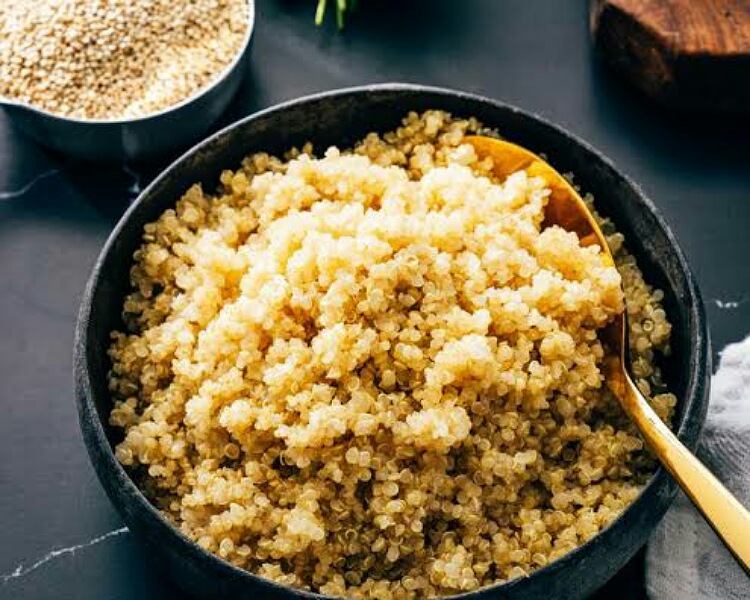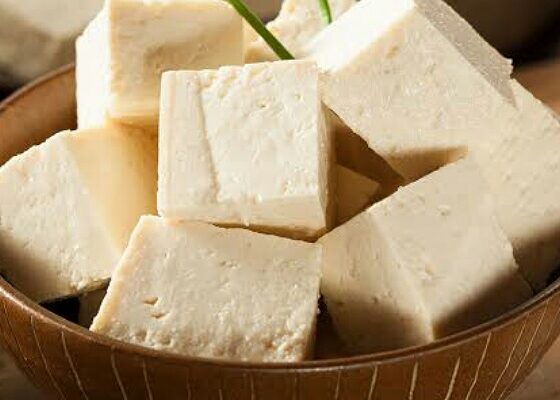Vegetarian diet is tasty and healthy. But it suffers from the risk of proteins deficiency. How should a person on this diet ensure that he or she is consuming enough of good quality proteins in a day? The task is difficult but not impossible. Here is how you should go about it?
Vegetarian diet and proteins deficiency
Non-vegetarian diet provides the consumer with a lot of proteins of good quality. Besides, the person also gets enough of vitamin B12 by eating animal foods. But such foods are extremely high in saturated fats. This increases the chances of overweight, obesity, metabolic diseases including those of the heart and blood vessels. There is an increased risk of strokes and heart attacks and early deaths due to all causes. Additionally, such a diet leads to constipation and heightened risk of bowel cancer.

Therefore, vegetarian diet is considered better. In this, the dieter takes predominantly plant based foods but includes milk, eggs and honey in the daily diet. This diet has a lot of dietary fiber, vitamins, and minerals and less of saturated fats. It has lower calories and can assist in weight management. Moreover, it reduces inflammation of the body and chronic health conditions. It can help in blood pressure, blood sugar, and blood bad cholesterol control. Additionally, it decreases risk of cancer.
But the main problem with this diet is its likelihood of leading to proteins deficiency. How to ensure good quality proteins on this diet?
Good quality proteins in plant based foods
Each egg contain 6 grams of protein and cow’s milk provides 3.4 grams of protein per 100 ml. Besides this, one can opt for these high protein plant foods to meet the daily protein requirements. These are:
Tofu
Tofu is the cheese made from soy milk. It is protein rich and can be added to a variety of food dishes. Tofu is a highly versatile food. Every 100 grams of tofu has 8 grams of protein in it. One can mix it with soups or stir fries or salads. It can be pan fried, baked, cooked, or grilled. It is tasty in all forms.

Lentils
These provide a lot of protein, dietary fiber, and other essential nutrients for the body. 100 grams of lentils has around 9 grams of protein. One can soak them in water and use them in salads, stews, stir fries and soups. They enrich these foods and ensure adequate protein intake.
Chickpeas
The other name for chickpeas is garbanzo beans. They have high levels of protein and dietary fiber. 100 grams of chickpeas contain 7 grams of protein. One can add it to rice, salads, soups, stews, stir fries or cook them with potatoes. Chickpeas are used in the making of hummus.
Peanuts
Peanuts are a great source of protein and dietary fiber. They have high amounts of fats but it is of the healthy type. There is 7 grams of protein in each 100 grams of peanuts one consumes. They can be roasted and salted and eaten. One can add them to salads, curry dishes, pasta, noodles dishes, soups, desserts, smoothies. Peanuts can be taken as a sauce or peanut butter.
Also, read Is vegetarian diet healthy for children and toddlers?
Quinoa

This pseudocereal, Quinoa is a gluten free grain. But it forms a complete protein source because it has all the nine essential amino acids. 100 grams of quinoa provides 8 grams of protein. It could form a base of salads. One can also use it in place of rice. Mix the cooked quinoa with vegetables to increase its nutrients density and richness.
